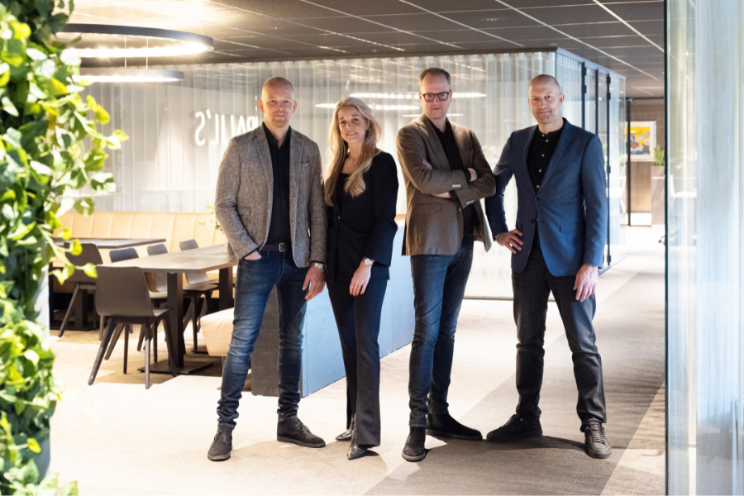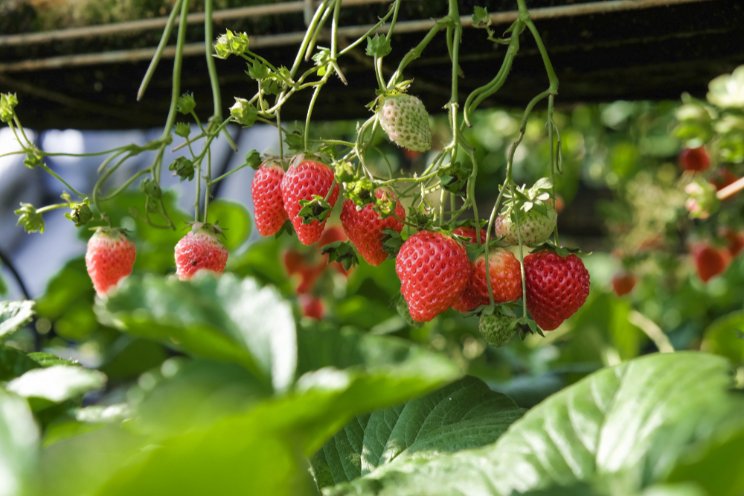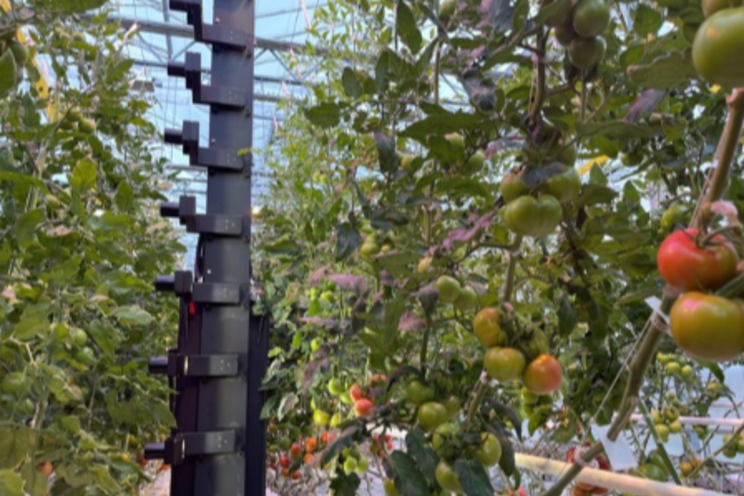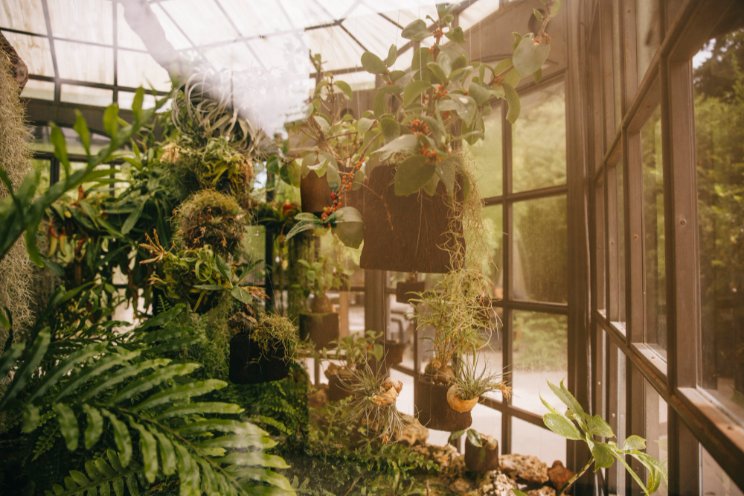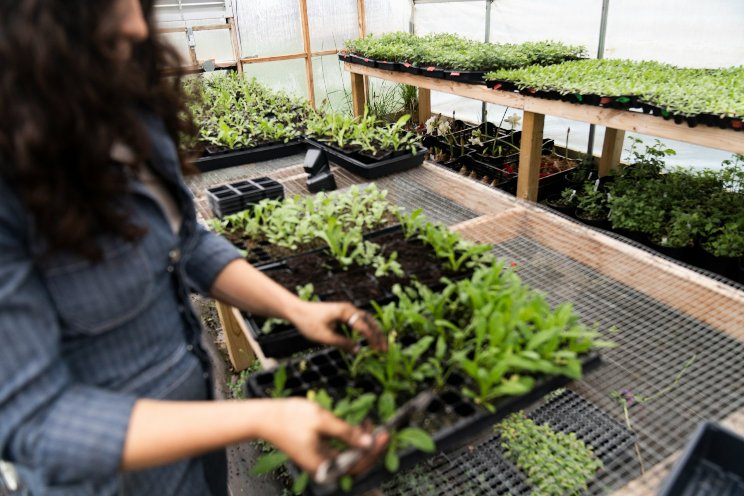“Sustainability and the business of growing”
Added on 27 April 2023

It explores the role of industry experts, growers, climate consultants, and investors “who are doing their part to pave the way towards a more sustainable future for the next generation.”
According to the report, “by 2050, it’s estimated that there will be 9.7 billion people living on the planet. Against a baseline of 2010, demand for food is projected to increase by 50 per cent. In order to accommodate our world population, we need to produce more food in the next 40 years than we have in the past 8,000 years combined.”
History of sustainability
Sveenson’s report touches on the history of “how the ‘s-word’ got everywhere.” It details the journey from 1987, when Norwegian Prime Minister Gro Harlem Bruntland “presented the UN General Assembly with a report called Our Common Futures.”
Thirty-five years later, in spring 2022, IBM surveyed 3,000 CEOs and found that “70 per cent were directly involved in their organization’s sustainability strategy.” Fourty-eight per cent said that sustainability was one of their highest priorities for the next two to three years.
Canadian agricultural technology start-ups
In Canada, venture capital worth approximately $4 billion has been invested in agricultural technology start-ups since 2019. A report by KPMG states that “the value of AgTech is estimated to reach US$729.5 billion by 2025.”
There are more than 160 start-ups in Canada that have received grants, “in part from the federal government’s Canadian Agriculture Partnership venture capital program.”
According to the report, “this program promotes innovations in horticulture, including the development of new crop varieties, spring varieties, tillage methods, and equipment.”
Energy sustainability
Svennson spoke with two energy specialists about energy sustainability.
David Arkell, CEO and senior energy consultant at 360 Energy in Ancaster, Ont., says “this isn’t about being a ‘woke’ business or a tree-hugging business. It’s just good business. It’s a win-win,” when asked about growers prioritizing sustainability.
His three sustainability tips for growers are: control your energy usage and cost, increase your literacy on energy and carbon topics, and be aware that there will be growing pressure from climate change.
Bob Gunn, CEO of Seinergy in Langley, Washington, shared his top three tips as well. They are: seek grant opportunities that will help you save energy, show your leadership in sustainable production, and in regards to the carbon market, benchmark yourself, and collect your input data as it will help you find opportunities to save.
Ontario’s Allegro Acres
Ontario’s Allegro Acres were profiled for their focus on sustainability. The prepper greenhouse has “embraced efficiency through light diffusion and water usage.”
In the profile, Gene Ingratta, president of the family-owned greenhouse, spoke about “the challenges faced by growers in Canada and the path to further reducing the environmental impact of growing.”
Svennson growing sustainability tips
The report wraps up with some sustainability tips from Svennson. Two takeaways are; build your energy and climate literacy “so you’re ready to take a long-term view about new investments,” and conduct life cycle assessments of your products. Start to understand the emissions generated by your supply and site.
Source: Greenhouse Canada
Image by drobotdean on Freepik
More news

